Anima(ting)
Anima is the realisation of its own identity: doing because it animates.
Build something because it is exciting to create. It was based on this premise that Anima – Estúdio Criativo was born, in 2012, at the hands of four friends who sought to counteract communication that was too focused on promotional and commercial content.
It’s almost a decade of history now being celebrated. And why is this space so exciting? Because it is a creative studio dedicated to social development, the preservation of biodiversity and the environment, and the evolution of creative industries. More recently, they turned their gaze to the human side. Today, Anima is the realisation of its own identity: doing because it animates.
In practice, they provide services in the areas of design, audiovisual and digital media. Within these sectors they present digital solutions – mobile apps, websites and even interactive installations – and have made several films such as documentaries, animation and worked a lot in design, which is an area that cuts across all others.
Pandemic effects, they built their audio studio, which allowed them to explore formats such as radio soaps, podcasts and music. As an extension of their work, the studio space itself is under constant development. At this stage, they are even developing the opening of a craft shop to sell national products.
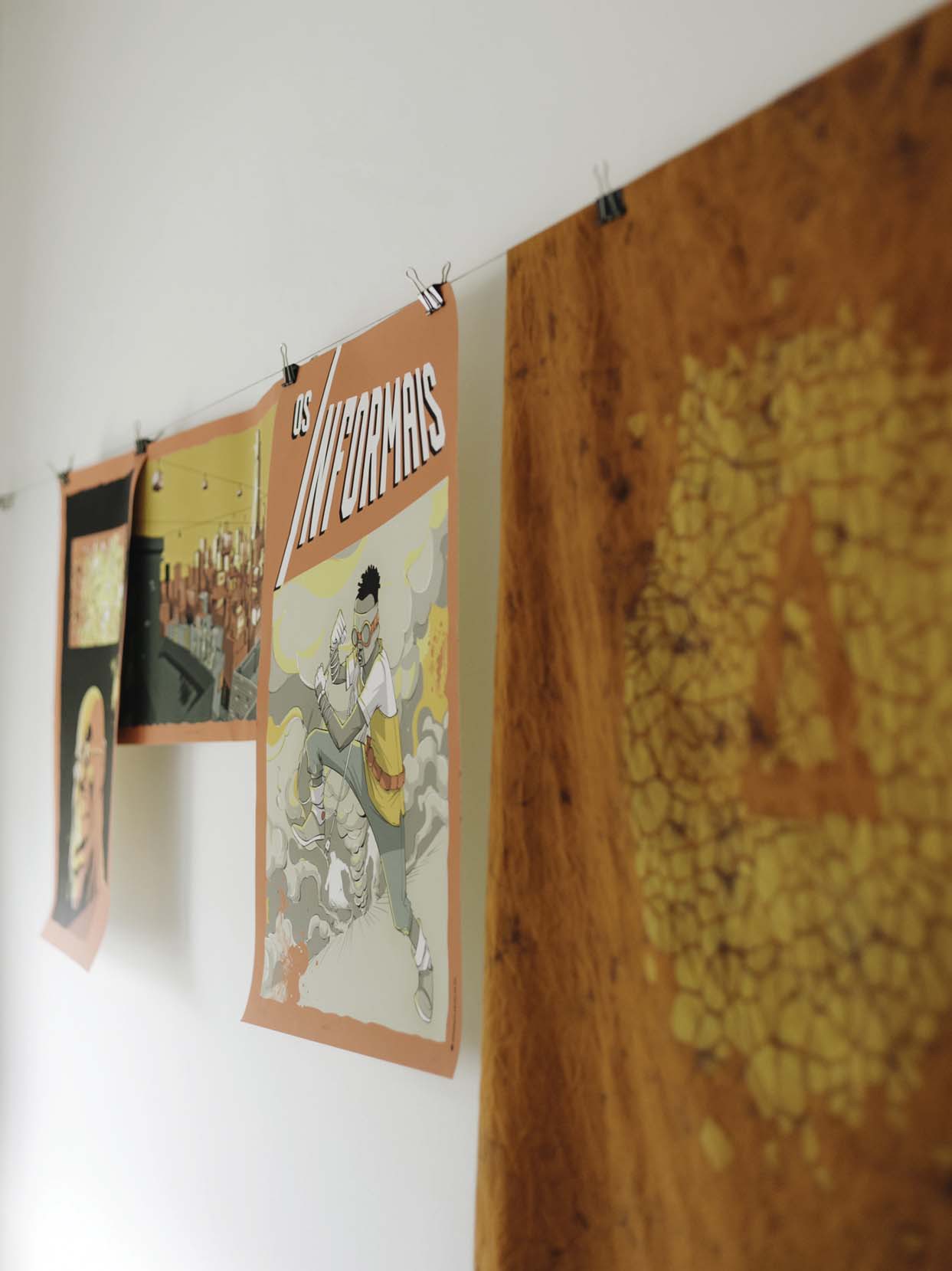
As an extension of their work, the studio space itself is under constant development. The opening of a craft shop to sell national products is planned.
And because creativity has no limits, they have projects for all tastes and shapes: makelinks.africa, a space that promotes artist exchange; Koordlive; os informais, a book that relives the relationship that Mozambique has with comics and the narrative that takes place in the not-too-distant future, addressing themes of the African continent in present days.
“Another project is an animation short film based on batiks. The technique inspired the animation and we started from a short story written by António Cabrita and competed with O Cego Nwavu to ICA, the Institute of Cinema and Audiovisual of Portugal, and we won a fund for a co-production between Portugal and Mozambique,” João Roxo, co-founder of Anima – Estúdio Criativo, says.
In recent months, focus has been shared with MAKE, a project that seeks to facilitate accessibility to art, entrepreneurship and the tools that allow this relationship. João Roxo says that access to a UNESCO fund made it possible to elevate this project by identifying a movement or a methodology that would allow the relationship between the activities of the various cultural agents and the creative sector.
Issue 68 Jul/Aug | Download.
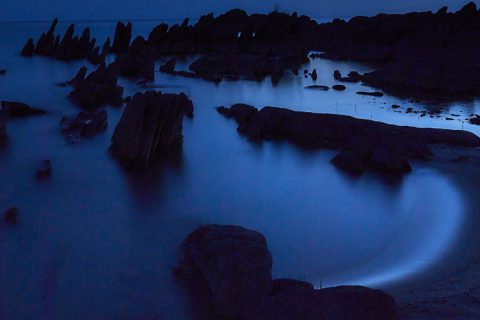
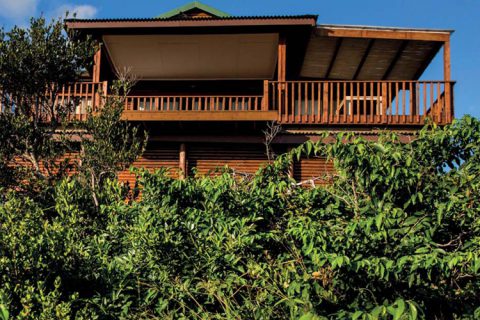

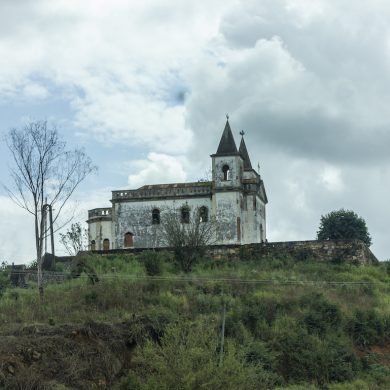

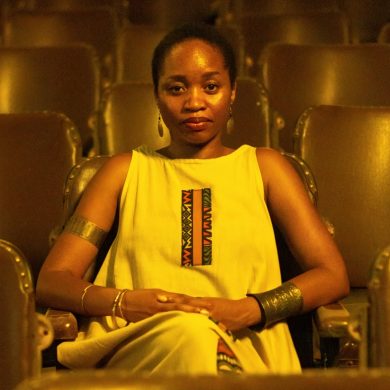
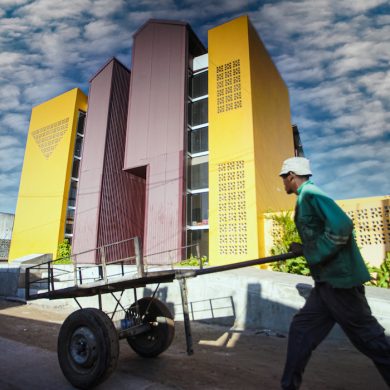

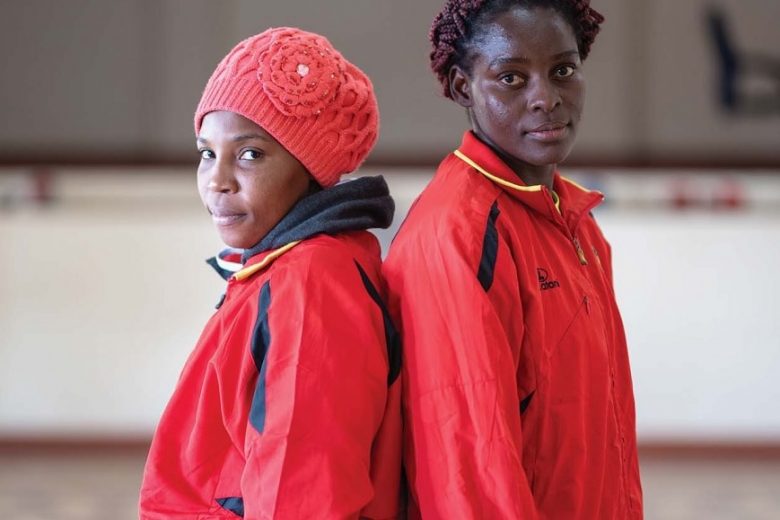
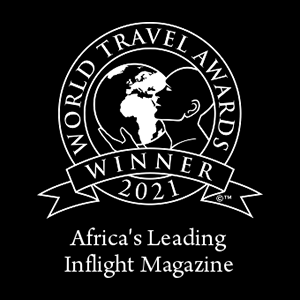



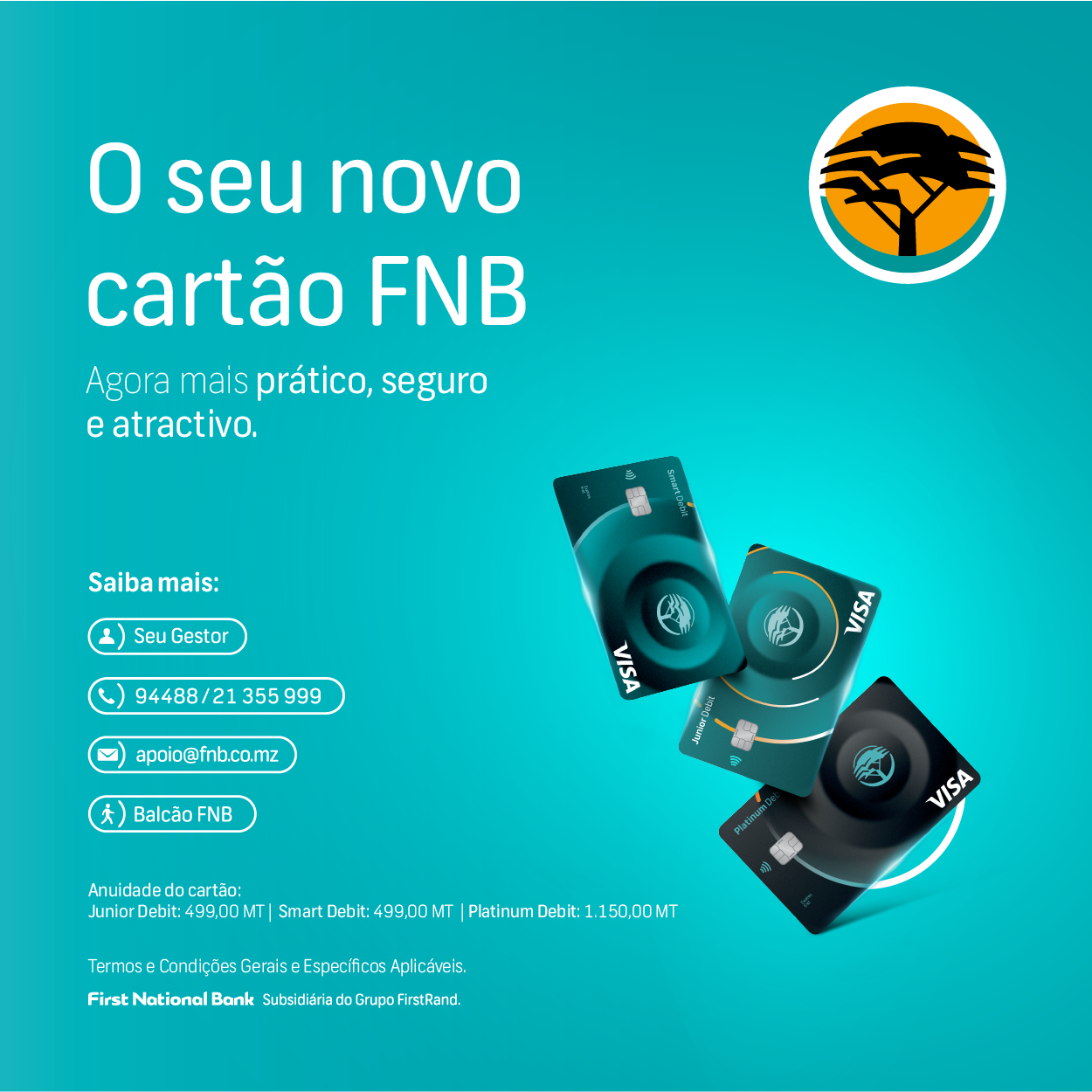

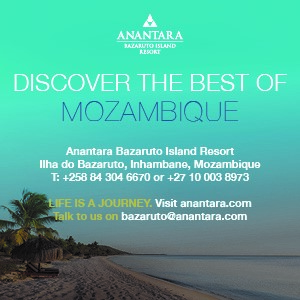






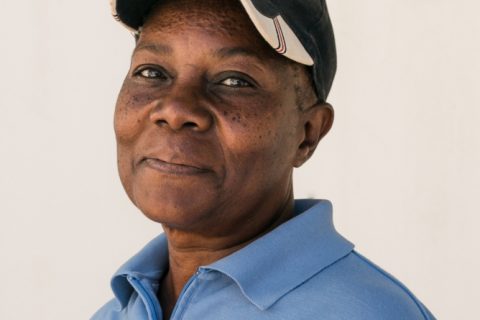
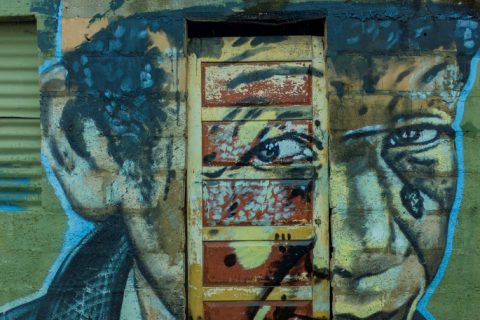

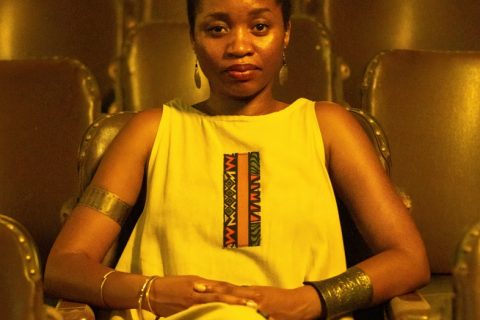
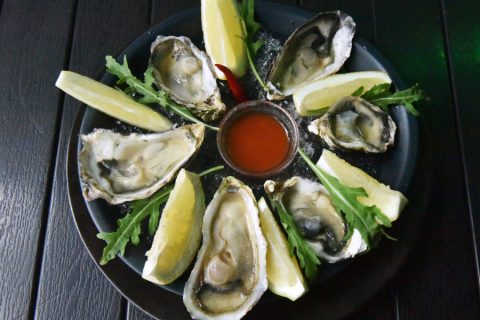
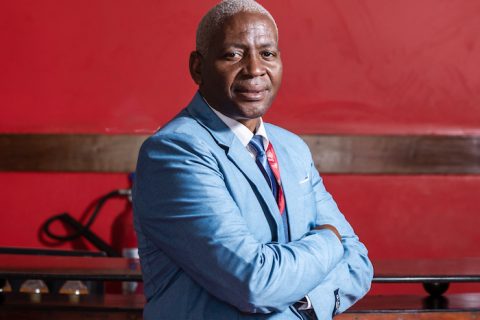

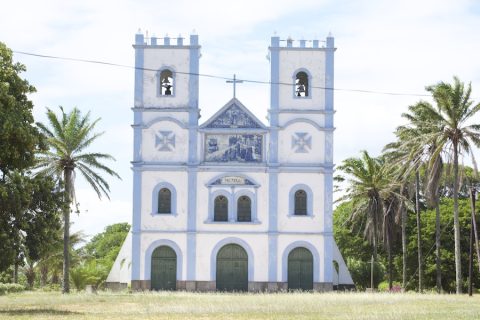
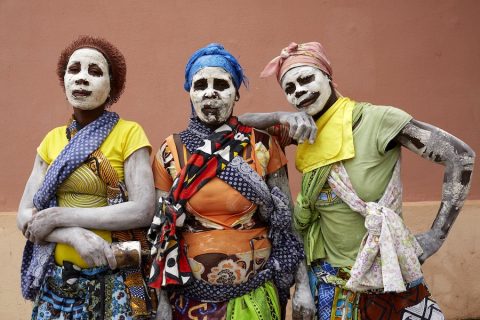
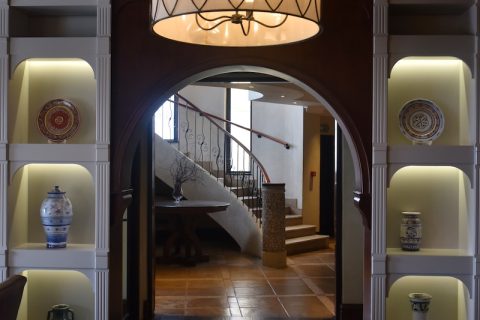
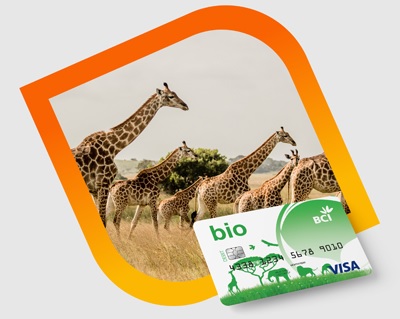

0 Comments